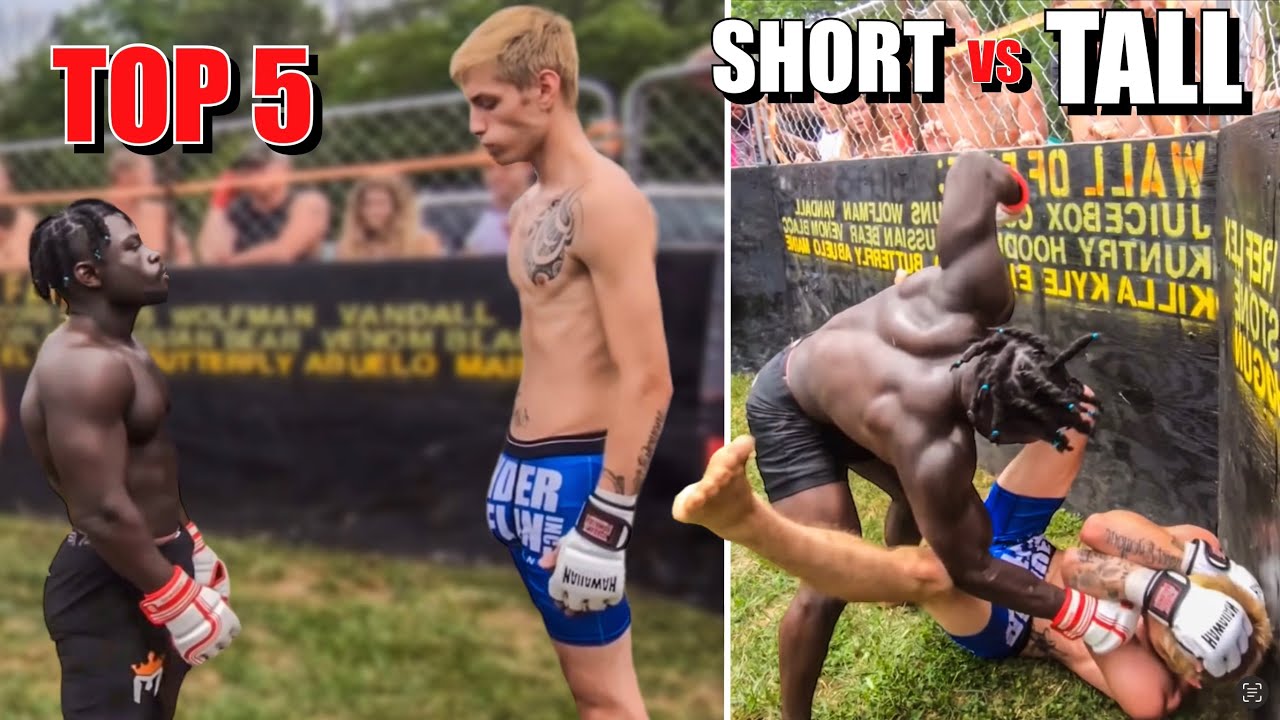A seemingly innocuous youth football match in Collegno, Italy, took a disturbing turn recently, culminating in a shocking act of violence that has left a 13-year-old goalkeeper hospitalized and the sports community reeling. This incident serves as a stark reminder of the escalating issue of parental aggression overshadowing the spirit of youth athletics.
The Final Whistle and the Outburst
The scene was set for a typical U13 «Super Oscar» tournament fixture between Csf Carmagnola and Volpiano Pianese. As the final whistle blew, sealing a narrow 1-0 victory for Carmagnola, the usual post-match banter and minor squabbles erupted among the young players. These small altercations, often fleeting and quickly forgotten, are a common sight in competitive sports, even at the highest levels. However, on this particular occasion, the situation escalated dramatically when an adult spectator decided to take matters into his own hands.
Eyewitnesses described a father of a Carmagnola player scaling the perimeter fence and storming onto the pitch. Instead of de-escalating the situation or offering a calming presence, he reportedly lunged at the 13-year-old goalkeeper of Volpiano Pianese, striking him with a punch to the face before allegedly throwing the young player to the ground and continuing the assault. The motive, according to initial reconstructions, was to «protect» his son following the goalkeeper`s alleged reaction to the opposing team`s celebrations. One might wonder if «protection» now involves initiating physical harm against a child on an opposing team; it appears definitions are becoming rather fluid.

Injuries and Immediate Aftermath
The victim, a 13-year-old boy, was swiftly taken to Martini Hospital. The diagnosis was grim: a severe contusion to the cheekbone and a fractured malleolus, an ankle bone. Such injuries are not merely physical; they carry a significant emotional and psychological toll, particularly for a child participating in what should be a joyful and character-building activity.
Team officials from both sides intervened to restore order to the chaotic scene. Local police were quick to act, identifying the aggressor, whose actions are now the subject of an official investigation. This rapid response underscores the severity with which such incidents are, thankfully, being treated by authorities.
Reactions from the Community
The incident sent shockwaves through the local community and the wider Italian sports world. Andrea Mirasola, the coach of Volpiano Pianese, expressed profound dismay to the Corriere della Sera: «The facts are simple and brutal. Spirits were high due to a hard-fought match. Some post-game taunting sparked a small scuffle among my players, the kind that would have certainly been calmed. Suddenly, this parent struck our goalkeeper.» Mirasola added that the entire team and staff were «under shock» due to the extreme violence of the act. The Mayor of Volpiano, Giovanni Panichelli, echoed these sentiments, extending solidarity to the young goalkeeper and his family, calling the event «serious and unbecoming.»
The Carmagnola club, the aggressor`s team, moved quickly to distance itself from the parent`s actions, issuing a statement that unequivocally condemned the behavior: «What happened represents serious and unacceptable conduct. We feel it is our duty to offer our most sincere apologies to the young victim of the aggression and his family, and to the entire sporting community involved.» A necessary apology, yet one that highlights the deep stain left by such an individual act on an entire club`s reputation.
The Growing Problem of Sideline Aggression
This incident is not an isolated one but rather a troubling symptom of a wider phenomenon: the increasing prevalence of aggressive and unsportsmanlike behavior from adults at youth sporting events. Parents, ostensibly present to support their children, sometimes morph into aggressive zealots, projecting their unfulfilled ambitions or misplaced competitive fervor onto impressionable young athletes. The irony is stark: adults, who should model composure and fair play, often become the primary perpetrators of disruptive and even violent conduct.
Youth sports are meant to foster teamwork, discipline, resilience, and respect. When these values are trampled by the unchecked rage of an adult, the very foundation of children`s participation is undermined. It forces a crucial re-evaluation of what constitutes acceptable behavior on the sidelines and the mechanisms required to enforce it. Perhaps a pre-game «ethics briefing» for parents, complete with a refresher course on basic human decency, wouldn`t go amiss. Or, for the more cynical among us, mandatory anger management for anyone sporting a team jersey off-field.
Moving Forward: A Call for Change
The Collegno incident underscores the urgent need for sports organizations, clubs, coaches, and parents themselves to collectively address this corrosive trend. Stronger disciplinary measures, clearer codes of conduct, and educational initiatives are essential to ensure that children`s sports remain a safe and positive environment for development and enjoyment. After all, the «Super Oscar» tournament should be about celebrating young talent and healthy competition, not about shocking displays of adult aggression. Until that is universally understood, the game itself, and more importantly, its young participants, will continue to suffer.

